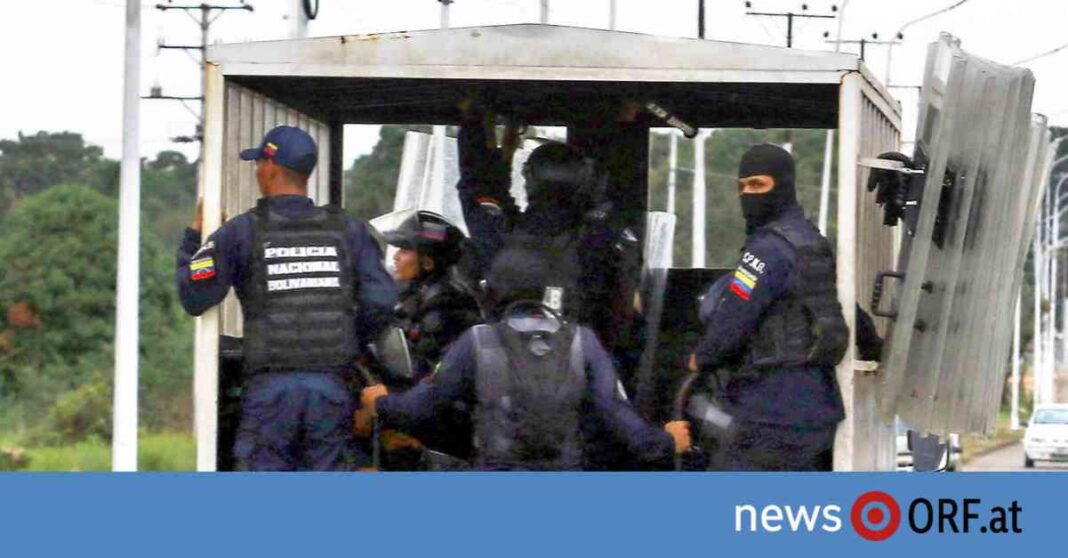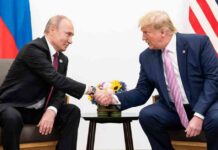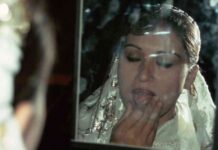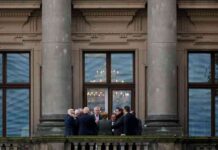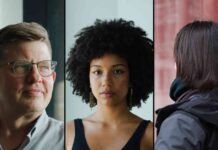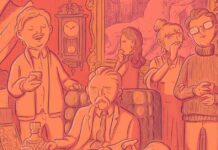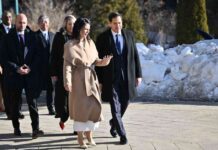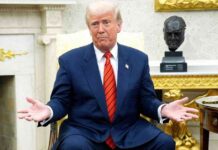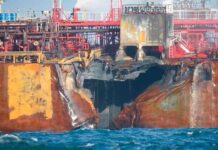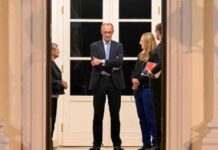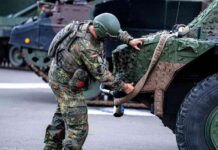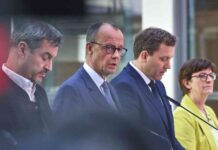The UN has reported severe human rights abuses in Venezuela surrounding the controversial presidential election. The International Independent Commission’s recent report highlights arbitrary arrests, torture, enforced disappearances, and sexual violence as part of a coordinated plan to silence critics and perceived opponents.
Victims of these abuses include children and people with disabilities. The investigation documents numerous human rights violations committed by the Venezuelan government, security forces, and government-affiliated armed civilian groups before, during, and after the election. Prisoners were threatened with torture to coerce self-incrimination for serious crimes like terrorism.
The lack of evidence and absence of their chosen lawyers put the victims in a particularly vulnerable position, as self-incrimination could lead to disproportionately high sentences. The authoritarian Venezuelan government has plunged the country into one of the most severe human rights crises in recent history, according to the UN.
Calls for the freedom of all political prisoners have been made by government opponents. The Organization of American States (OAS) condemned reports of abuses and torture of minors in Venezuela. The OAS described the crimes as „crimes against humanity,“ highlighting a new legal dimension of international criminal responsibility for the Venezuelan government.
The situation of imprisoned children and adolescents was deemed particularly grave, facing similar risks of torture. The OAS Secretary-General condemned the tortures inflicted on minors in Venezuelan torture centers, including electric shocks, beatings, starvation, and sexual abuse.
President Nicolas Maduro has ruled Venezuela with an iron fist for over ten years. Following the fraud-tainted presidential election on July 28, the loyalist election authority declared Nicolas Maduro, who has been in power since 2013, the winner without ever presenting detailed results. The opposition claimed election fraud and declared victory for their candidate, Edmundo Gonzalez.
Protests erupted following the election, which were violently suppressed by the authorities. The recent incidents resulted in the shooting and killing of 25 people, with hundreds more injured and thousands detained for exercising their right to free speech.
Maduro sought the Supreme Court’s confirmation of his disputed election victory on August 1, filing a complaint against the „attack on the electoral process.“ He called for opposition leaders Maria Corina Machado and Gonzalez Urrutia to be imprisoned. Investigations for „incitement to insurrection“ were initiated against Machado and Urrutia by the prosecutor’s office.
In late September, protests against the Maduro regime took place worldwide, including in Madrid. Urrutia is in Spanish exile, while Machado went into hiding in Venezuela in August and spoke about the conditions in Venezuela at a conference in Prague in early October. She urged the international community to increase pressure on Maduro to resign.
Machado called for international recognition of Urrutia as the elected president and assistance in cutting off Maduro’s „illegal financial sources,“ referring to drug trafficking, illegal mining, and human trafficking. She emphasized that European countries could do a lot to stop these flows immediately.
